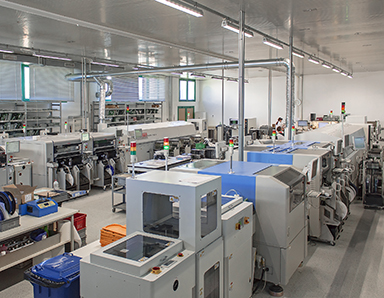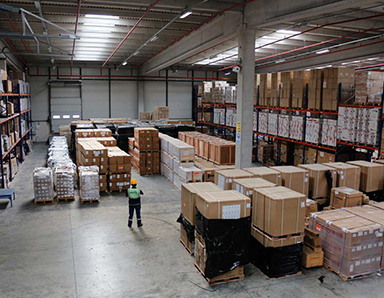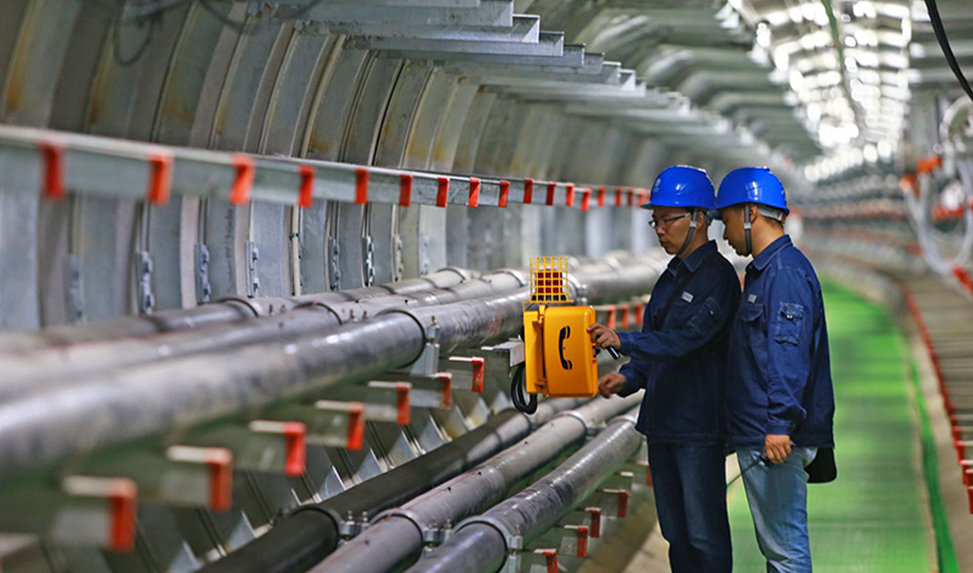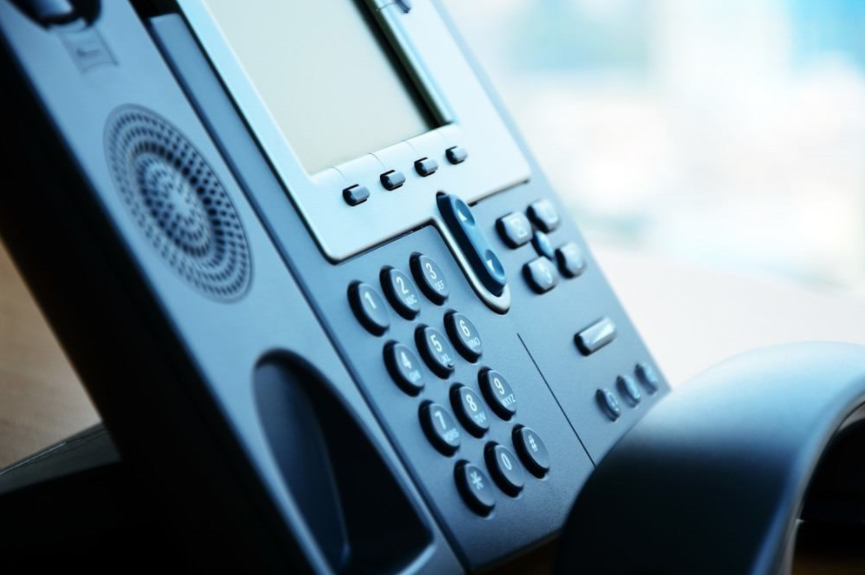A railway telephone is a communication system used by railway workers to communicate with each other or with train operators. It allows railway workers to communicate about train movements, schedule changes, and other important information related to the safe operation of trains.
Traditionally, railway telephones were wired communication systems that used dedicated telephone lines to connect different parts of the railway network. However, with the advent of wireless communication technology, many railways now use mobile phones and two-way radios for communication.
In addition to traditional railway telephones, there are also emergency telephones installed at various locations along the railway network. These emergency telephones can be used by anyone in case of an emergency, such as an accident or a medical emergency.

Railway telephones are used by railway workers for various purposes such as:
Train Operations: Railway telephones are used by train operators, signalmen, station masters, and other railway workers to communicate with each other and coordinate train movements. They can communicate important information such as train schedules, delays, and emergencies.
Safety: Railway telephones are essential for ensuring the safety of railway workers and passengers. In case of an emergency, railway workers can use the telephone to communicate with the control room or other emergency services.
Maintenance: Railway telephones are also used for maintenance purposes. Railway workers can use the telephone to report any issues or malfunctions on the railway tracks, signals, or other equipment.
Security: Railway telephones are used for security purposes as well. Railway workers can report any suspicious activity or security concerns to the control room or other security personnel.
Railway telephones are an important component of railway safety and are essential for ensuring that trains run safely and efficiently.
 English
English

























































